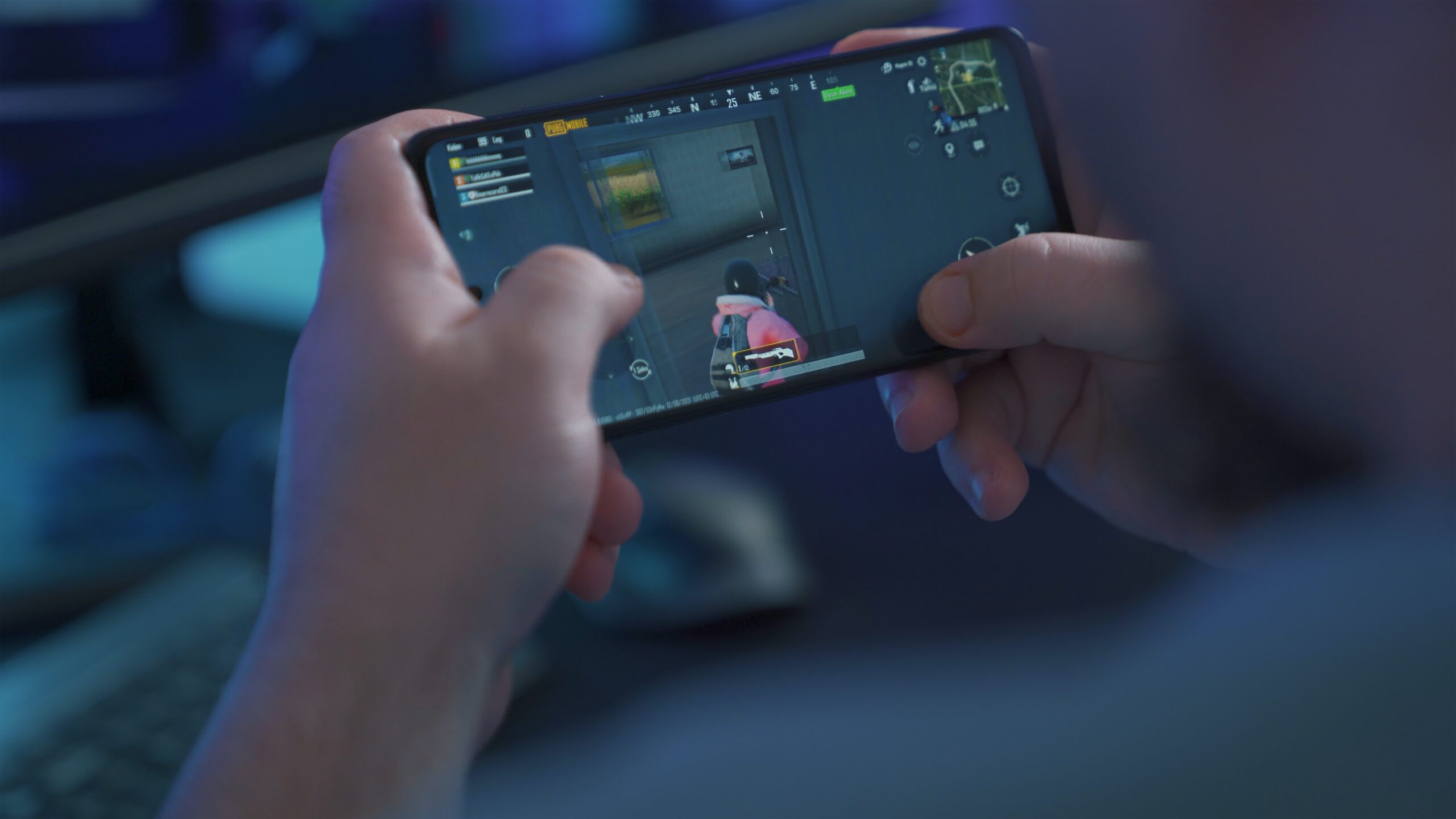 September 27, 2024
September 27, 2024
The Latest in Tech: A Guide to the Most Innovative Products and Services.
Technology has been advancing at an unprecedented rate in recent years, and it seems like every day there is a new breakthrough that promises to transform our lives in ways we never thought possible. From artificial intelligence and smart home devices to wearable technology and renewable energy, the latest tech innovations are changing the way we live, work, and interact with the world around us. In this article, we will take a closer look at some of the most cutting-edge developments in technology and how they are shaping our future.
Artificial Intelligence (AI) is one of the most talked-about and rapidly advancing fields in technology. It involves creating intelligent machines that can think and learn like humans, making decisions and performing tasks without human intervention. AI has already made its way into our daily lives through virtual assistants like Siri and Alexa, but its potential goes far beyond that. With the help of AI, we are seeing breakthroughs in healthcare, finance, and transportation, just to name a few.
One of the most exciting applications of AI is in the healthcare industry. AI-powered algorithms can analyze vast amounts of medical data to help doctors make more accurate diagnoses and create personalized treatment plans for patients. This has the potential to revolutionize healthcare, making it more efficient and effective. AI is also being used to develop new drugs and treatments, speeding up the process of drug discovery and development.
In the finance sector, AI is being used to improve fraud detection and risk management. Banks and financial institutions are using AI-powered algorithms to analyze customer data and identify any suspicious activity, helping to prevent fraud and protect customers’ financial information. AI is also being used to make investment decisions, with some hedge funds and wealth management firms using AI to analyze market trends and make predictions about stock performance.
Another area where AI is making a significant impact is in transportation. Self-driving cars, powered by AI, are already being tested on roads around the world. These cars have the potential to reduce accidents and traffic congestion, making our roads safer and more efficient. AI is also being used in the development of smart cities, where sensors and cameras are used to collect data and make real-time decisions about traffic flow, energy usage, and more.
Smart home devices are another area of technology that is rapidly evolving. These devices, connected to the internet, allow us to control and automate various aspects of our homes, from lighting and temperature to security systems and home appliances. With the help of AI, these devices are becoming smarter and more intuitive, learning our habits and preferences to make our lives more convenient and efficient.
The Internet of Things (IoT) is the network of physical devices, vehicles, home appliances, and other items embedded with electronics, software, sensors, and connectivity that enables these objects to connect and exchange data. IoT is a key technology that is driving the growth of smart home devices. With IoT, our homes are becoming more connected and intelligent, allowing us to control and monitor our homes from anywhere in the world.
Wearable technology is another area that has seen significant advancements in recent years. From fitness trackers and smartwatches to virtual and augmented reality headsets, wearable technology is changing the way we interact with the world around us. These devices can track our health and fitness, provide real-time information, and even enhance our gaming and entertainment experiences.
One of the most exciting applications of wearable technology is in healthcare. Wearable devices can monitor our vital signs, track our sleep patterns, and even detect early signs of diseases. This data can be shared with healthcare professionals, providing them with valuable insights into our health and helping them make more accurate diagnoses and treatment plans.
Renewable energy is another area where technology is making a significant impact. With the growing concern about climate change and the depletion of fossil fuels, the need for clean and renewable energy sources has become more urgent. Technological advancements have made renewable energy sources like solar and wind power more efficient and affordable, making them a viable alternative to traditional energy sources.
Smart grids, which use digital technology to manage and distribute electricity, are also being developed to make renewable energy more accessible and reliable. These grids can monitor energy usage and adjust supply accordingly, reducing waste and ensuring a more stable energy supply.
The impact of technology is not limited to our daily lives; it is also transforming industries and addressing global challenges. For example, 3D printing, also known as additive manufacturing, is revolutionizing the manufacturing industry. This technology allows for the creation of complex and customized products at a fraction of the cost and time of traditional manufacturing methods. It is also being used in the medical field to create customized prosthetics and even organs.
In the agriculture industry, technology is being used to improve crop yields and reduce waste. Drones and satellite imagery are being used to collect data and monitor crops, allowing farmers to make more informed decisions about when to plant and harvest. This technology is helping to address food shortages and reduce the environmental impact of agriculture.
In conclusion, the latest tech innovations are transforming our daily lives in profound ways. From artificial intelligence and smart home devices to advances in wearable technology and renewable energy, these technologies are not only making our lives more convenient and efficient but also redefining industries, improving healthcare, and addressing global challenges. As we continue to push the boundaries of what is possible, it is clear that technology will play a crucial role in shaping our future.





